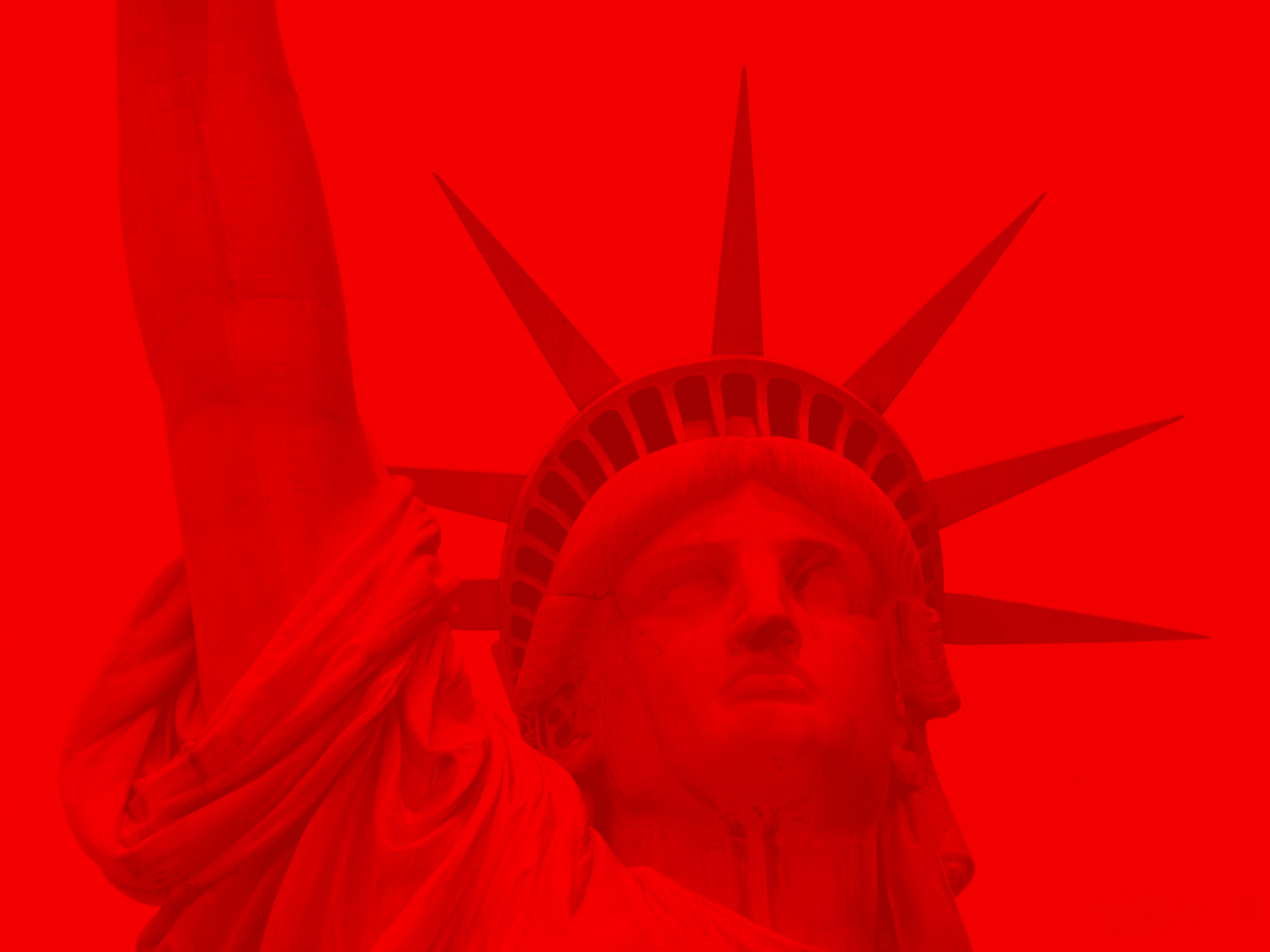Early Years in Bosnia
Growing up in the valleys of Bosnia in the 1990s and early 2000s, my worldview was shaped by the environment around me. Hatred of Jews was everywhere. It wasn’t just an opinion: it was in the air you breathed, in family gatherings, schoolyard conversations, in the stories people told. Palestinians were always the victims, Zionists the villains. Jews, by extension, were cast as part of some global conspiracy. This was part of the cultural inheritance. The conflict was presented as a simple morality play, Islamophobia versus colonial oppression. History, context, Israeli perspectives didn't seem to matter.
Even as a teenager, I started noticing cracks. The anti-Jewish clichés began to feel hollow when I thought about Bosnia’s own recent history, where ethnic hatred had led to atrocities. It’s well known that the Bosnian War left lasting, probably permanent, damage to my country. It broke apart society and culture in ways that can never be fully repaired. The conflict was marked by widespread ethnic cleansing campaigns, with ethnonationalist forces carrying out mass expulsions and killings in an effort to create ethnically uniform areas through extreme violence. Sarajevo endured a siege that lasted nearly four years. The city was shelled and sniped at daily, its lively, diverse life reduced to hunger, fear, and constant danger. More than 11,000 people were killed, including children shot while playing outside.
These atrocities, driven by the same kind of nationalist hatred and dehumanization that fed the anti-Semitism around me, forced me to ask why we could denounce our own suffering but so easily accept prejudice against others. I began to see that the stories I’d grown up with didn’t always match reality. I asked myself: why do we care so much about Palestinians, yet so little about anyone else’s suffering? Why is empathy so selective?
These questions didn’t come from a heroic awakening, just from curiosity, and a desire to see things more honestly.
Questioning the Left
I drifted into left-wing circles, where Tito nostalgia and communist idealism were everywhere. They talked about human rights, about justice but the Palestinian cause was sacred, untouchable, beyond question. And beneath the slogans and moral language, I began to notice the same selective outrage I had already seen at home.
Operation Protective Edge in 2014 made things even clearer. The left condemned Israel as disproportionate, but when I looked closer, I saw rockets from Gaza, Hamas fighters hiding among civilians, human shields. I defended Israel, and suddenly I was the bad guy. Meanwhile, every attack on Israeli civilians was rationalized as “blowback.” It was the same during October 7: the slaughter, the rape, the massacres - they were explained away, justified, contextualized. The selective empathy was shocking. The willingness to excuse attacks on Jews, while celebrating the “oppressed,” made me realize that narrative mattered more than reality.
Finding My Own Path
I started reading beyond the echo chamber including primary sources, historical accounts, scholars like Benny Morris or Efraim Karsh. I learned that Zionism is not colonialism, but a nationalist movement born of centuries of persecution. Israel’s founding in 1948 wasn’t theft; it was recognized self-determination in a region that wanted it destroyed.
When I tried to explain this to my former peers, all I got were slogans: “solidarity,” “Free Palestine,” twists of international law. Facts didn’t matter. And I saw the same pattern everywhere: the left reducing everything to oppressor and oppressed, ignoring inconvenient truths, ignoring repeated Palestinian refusals of peace, ignoring the role of Islamist ideology.
For me, support for Israel isn’t about loyalty. It’s about reason. About acknowledging self-determination against those who weaponize victimhood to justify terror. But it’s also about understanding the world as it really is, without inherited prejudices or selective outrage. This journey has made me more skeptical, more careful in judgment, and more determined to seek truth rather than comfort. It has taught me that real empathy requires looking beyond narratives, even the ones we grow up believing, and seeing the world as it truly is, without illusions.


